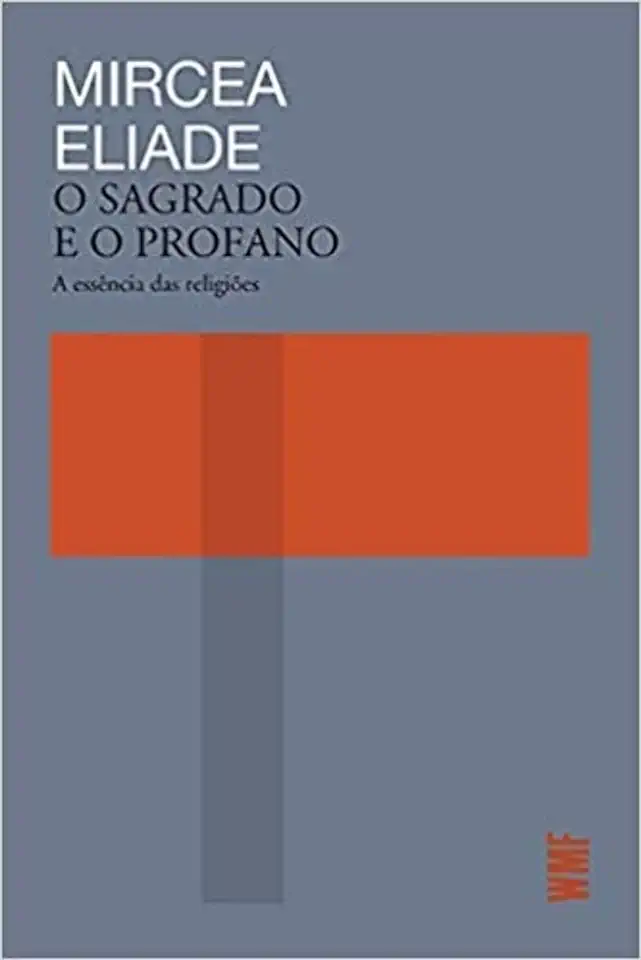
The Sacred and the Profane - Mircea Eliade
The Sacred and the Profane: A Masterpiece of Religious Studies
In his seminal work, "The Sacred and the Profane," renowned historian of religions Mircea Eliade embarks on a profound exploration of the fundamental distinction between the sacred and the profane in human experience. Through a comprehensive analysis of religious rituals, symbols, and myths from various cultures, Eliade unveils the intricate ways in which these two realms interact and shape human existence.
Unveiling the Sacred: A Journey into the Extraordinary
At the heart of Eliade's work lies the concept of the sacred, which he defines as a reality that transcends the ordinary and mundane. The sacred is experienced as a manifestation of the divine, a realm of absolute value and significance. Eliade argues that the sacred is not merely a product of human imagination but rather an inherent aspect of human existence, a dimension that permeates all aspects of life.
The Profane: A Realm of the Ordinary
In contrast to the sacred, the profane encompasses the realm of the everyday, the ordinary, and the mundane. It is the world of practical concerns, daily routines, and material pursuits. Eliade emphasizes that the profane is not inherently negative or devoid of value but rather serves as a backdrop against which the sacred can be experienced and appreciated.
The Dialectic of the Sacred and the Profane
Eliade's analysis reveals a dynamic interplay between the sacred and the profane. He argues that these two realms are not mutually exclusive but rather exist in a continuous tension, a dialectic that shapes human experience. The sacred irrupts into the profane, transforming it and imbuing it with meaning and significance. Conversely, the profane provides a context for the sacred, grounding it in the realities of human existence.
Rituals, Symbols, and Myths: Pathways to the Sacred
Eliade explores the various ways in which the sacred manifests itself in human life, focusing on the significance of rituals, symbols, and myths. Rituals are seen as sacred dramas that reenact the encounter between the sacred and the profane, providing a means for individuals and communities to connect with the divine. Symbols are imbued with sacred meaning, becoming vehicles for transcendence and communication with the realm of the sacred. Myths, as narratives of the sacred, serve as repositories of cultural memory and provide frameworks for understanding the world and human existence.
The Sacred and the Profane in Modern Society
Eliade's work also delves into the implications of the sacred and the profane in modern society. He argues that the modern world has witnessed a progressive desacralization, a decline in the significance of the sacred in everyday life. This has led to a sense of alienation and loss of meaning, as individuals become increasingly disconnected from the transcendent dimension of existence.
A Call for Reintegration: Reconnecting with the Sacred
In light of this desacralization, Eliade proposes a call for reintegration, a reconnection with the sacred dimension of life. He emphasizes the importance of rediscovering the sacred in the midst of the profane, finding moments of transcendence and meaning in the ordinary experiences of life. By doing so, individuals can overcome the sense of alienation and fragmentation that characterizes modern existence and experience a more fulfilling and authentic existence.
Conclusion: A Profound Exploration of Human Experience
"The Sacred and the Profane" stands as a monumental work in the field of religious studies, offering a profound exploration of the fundamental distinction between the sacred and the profane. Through his meticulous analysis of rituals, symbols, and myths, Mircea Eliade unveils the intricate ways in which these two realms interact and shape human existence. A must-read for scholars, students, and anyone interested in understanding the complexities of human spirituality and the search for meaning in a rapidly changing world.